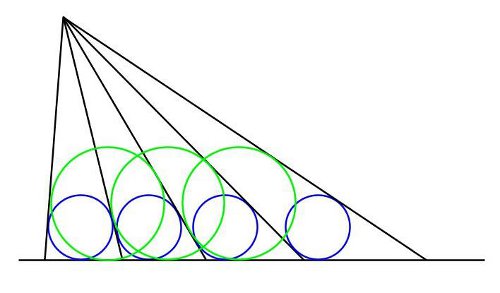
A Japanese geometry theorem from the Edo period: If the blue circles are equal, the green circles will be equal too.
This can be extended: Circles spanning three of these triangles will also be equal, and so on.

A Japanese geometry theorem from the Edo period: If the blue circles are equal, the green circles will be equal too.
This can be extended: Circles spanning three of these triangles will also be equal, and so on.
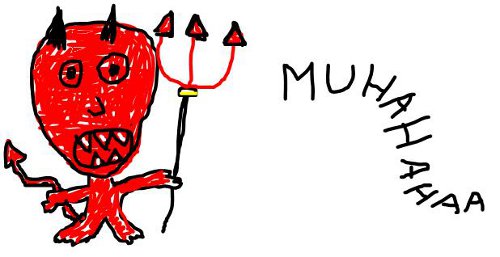
Write out the phrase “expect the devil.”
Extract the Roman numerals: eXpeCt the DeVIL
Add these: D (500) + C (100) + L (50) + X (10) + V (5) + I (1)
The total is 666.

Jump into the sea and look up. The surface above you is dark except for a bright circle that follows you around like a portable skylight. This is Snell’s window: Because light is refracted as it enters the water, the 180-degree world above you is compressed into a tight 97 degrees.
Physicist Robert W. Wood was thinking of this effect when he created a new wide-angle lens in 1906. Fittingly, he called it the fisheye.
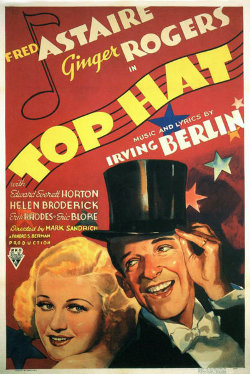
In Top Hat, Ginger Rogers shuns the ardent Fred Astaire because she thinks he’s her best friend’s husband. How she could persist in this belief for any length of time is never explained — the misunderstanding drives the whole story.
This is an “idiot plot,” defined by Roger Ebert as “a plot which is kept in motion solely by virtue of the fact that everybody involved is an idiot.”
The term was coined by science fiction author James Blish, whose colleague Damon Knight added the second-order idiot plot, “in which not merely the principals, but everybody in the whole society has to be a grade-A idiot, or the story couldn’t happen.”
Such contrivances are annoying, but we’ll forgive a lot if we get to watch Fred Astaire dance. “How is it that Ginger has never met her best friend’s husband?” asks critic Alan Vanneman. “Well, Europe is a big place.”
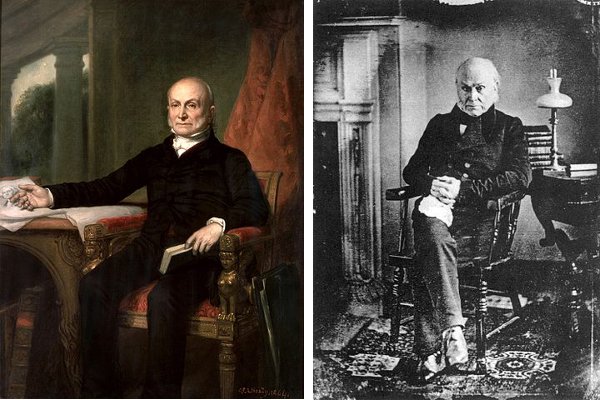
At left is the official White House portrait of John Quincy Adams, painted by George Peter Alexander Healy. At right is a daguerreotype of Adams in 1843, when he became the first president to be photographed.
In a diary entry for Aug. 1, 1843, Adams noted that four daguerreotypes had been taken and pronounced them “all hideous.” Three more were taken the following day, but he found them “no better than those of yesterday. They are all too true to the original.”
That raises an interesting question: Which of these images is the more revealing record of the man? In Puzzles About Art, philosopher Matthew Lipman asks, “Which would we rather have, a portrait of Socrates by Rembrandt or a photograph of Socrates?”
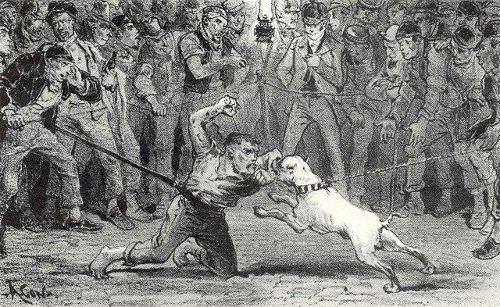
The New York Times carried an alarming item on July 28, 1874: “A Dog and Man Fight in England,” about a dwarf named Brummy who had undertaken to fight a bulldog on a wager, “without weapons and without clothes, except his trousers.” The fight took place in “a quiet house,” where the combatants were chained to opposite walls, and Brummy agreed to assume all fours throughout. The first to knock out the other for 60 seconds was to be declared the victor:
The man was on all fours when the words ‘Let go’ were uttered, and, making accurate allowance for the length of the dog’s chain, he arched his back, cat wise, so as just to escape its fangs, and fetched it a blow on the crown of its head that brought it almost to its knees. The dog’s recovery, however, was instantaneous; and before the dwarf could draw back, Physic made a second dart forward, and this time its teeth grazed, the biped’s arm, causing a slight red trickling. He grinned scornfully, and sucked the place; but there was tremendous excitement among the bull-dog’s backers, who clapped their hands with delight, rejoicing in the honour of first blood.
After 10 rounds of this “the bull-dog’s head was swelled much beyond its accustomed size; it had lost two teeth, and one of its eyes was entirely shut up; while as for the dwarf, his fists, as well as his arms, were reeking, and his hideous face was ghastly pale with rage and despair of victory.” But then “the dwarf dealt him a tremendous blow under the chin, and with such effect that the dog was dashed against the wall, where, despite all its master could do to revive it it continued to lie, and being unable to respond when ‘time’ was called, Brummy was declared to be victorious.”
The Times, which had picked up the story from the London Telegraph, noted that in the ensuing outrage the Home Secretary had directed the mayor of Hanley to investigate, and as no confirmation could be found, “there is a strong hope that, after all, the whole thing is a canard.” The Telegraph, however, “stands by its correspondent, and insists upon the truth of the report.”
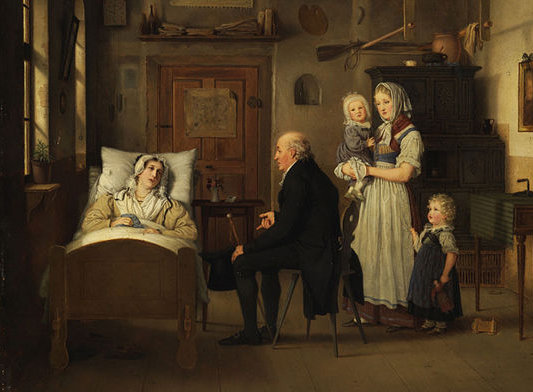
lectual
adj. confining to the bed (“a lectual disease”)
bechic
n. a cough medicine
lambitive
n. a medicine to be licked, such as a cough drop
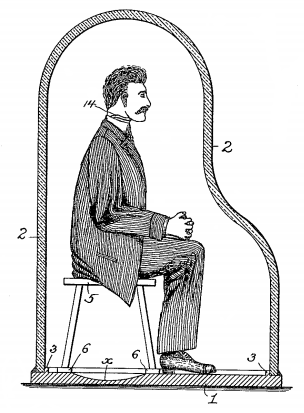
Angelo Lerro hated the thought of a body mouldering in a traditional casket, so in 1910 he offered this tidy alternative: The body is embalmed and arranged in a natural posture in a hermetically sealed glass bell filled with a preservative gas. This way the survivors can view the deceased without distress, and entire graveyards can be filled with sealed bells to keep soil and watercourses clean. (I suppose it will also keep down the vampire population.)
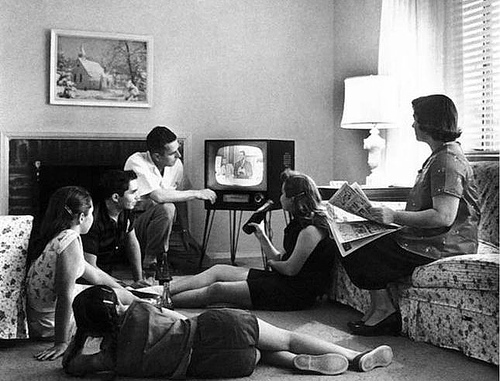
“It is probable that television drama of high caliber and produced by first-rate artists will materially raise the level of dramatic taste of the nation.” — RCA president David Sarnoff, 1939
“Television? The word is half Greek and half Latin. No good can come of it.” — Manchester Guardian editor C.P. Scott, 1928
“Television won’t matter in your lifetime or mine.” — Rex Lambert, The Listener, 1936
“Television won’t last because people will soon get tired of staring at a plywood box every night.” — movie producer Darryl Zanuck, 1946
“Television won’t last. It’s a flash in the pan.” — BBC school broadcasting director Mary Somerville, 1948
“How can you put out a meaningful drama or documentary that is adult, incisive, probing, when every fifteen minutes the proceedings are interrupted by twelve dancing rabbits with toilet paper?” — Rod Serling, 1974
“I hate television. I hate it as much as peanuts. But I can’t stop eating peanuts.” — Orson Welles, 1956